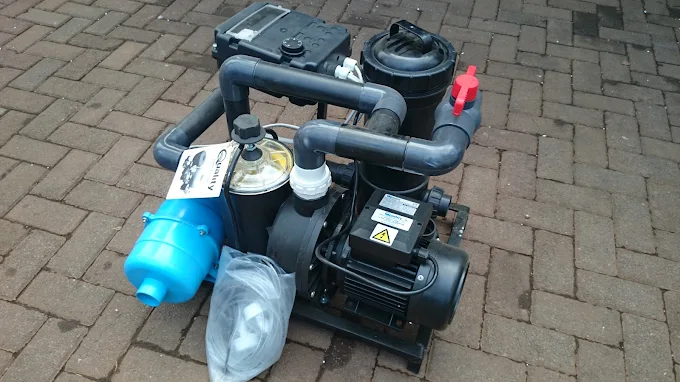
Introduction
CELTA (Certificate in English Language Teaching to Adults) is one of the most prestigious and internationally recognized qualifications for teaching English as a second or foreign language. Offered by Cambridge English, it opens up global teaching opportunities for aspiring educators. However, while the rewards are immense, the journey can be challenging, especially when it comes to CELTA assignments.
We will explores why CELTA assignments can be tough, what they involve, and where you can find the best CELTA assignment help to succeed with confidence.
Understanding CELTA and Its Assignments
The CELTA course is intensive and demanding, usually completed in four to five weeks if taken full-time, or over several months part-time. It blends theory and practice, focusing on lesson planning, classroom management, language awareness, and real-time teaching practice.
One of the key components of the course is the written assignments. There are four main CELTA assignments, each testing different competencies:
- Focus on the Learner (FOL) – Analyzes the needs and background of a learner.
- Language-Related Tasks (LRT) – Demonstrates understanding of grammar, phonology, and lexis.
- Language Skills Related Tasks (LSRT) – Focuses on receptive or productive skills (reading, listening, speaking, or writing).
- Lessons from the Classroom (LFC) – Reflects on teaching practice and how to improve.
Each of these assignments must be completed to a high standard and often under tight deadlines, leading many trainees to seek external support.
Why Are CELTA Assignments So Challenging?
CELTA assignments are not just academic exercises—they’re practical and must demonstrate a real understanding of teaching principles. Several factors contribute to their difficulty:
- Time pressure: Especially in full-time CELTA courses, candidates juggle lesson planning, teaching, and studying—often working late into the night.
- Academic rigor: Assignments must follow specific formatting and academic referencing standards.
- Lack of prior experience: Many candidates are new to teaching or have not written academic assignments in years.
- Language analysis: Deep understanding of grammar and phonology can be daunting for those without a linguistic background.
These challenges often push candidates to look for the best CELTA assignment help available.
What Makes Good CELTA Assignment Help?
Not all assignment help is created equal. The best CELTA assignment help offers a combination of expert guidance, clear feedback, and customized support. Here are the key qualities to look for:
1. CELTA-Qualified Tutors
Ensure the help comes from tutors who are CELTA-qualified themselves. They understand what Cambridge assessors expect and can guide you accordingly. Better yet, choose someone with experience as a CELTA trainer.
2. Assignment-Specific Support
The best services tailor their support to each of the four CELTA assignments. Whether it’s brainstorming ideas for a learner profile or refining your grammar analysis, expert help should focus on the specific task at hand.
3. Editing and Feedback
A second pair of eyes can spot grammar mistakes, vague arguments, or inconsistent formatting. Quality CELTA help includes proofreading and constructive feedback to improve clarity, accuracy, and coherence.
4. Plagiarism-Free Guarantee
CELTA is a professional qualification. Submitting plagiarized work can lead to disqualification. Make sure the service you choose offers original, plagiarism-free support and encourages ethical learning.
5. Timely Delivery
Deadlines in the CELTA course are strict. Good CELTA assignment help ensures timely support, allowing you to revise and submit your work on time.
Tips for Acing Your CELTA Assignments
Even with external help, your effort and strategy matter. Here are five tips to maximize your success:
- Start early: Don’t leave assignments to the last minute. Start drafting ideas from day one.
- Use your tutors’ feedback: CELTA tutors give valuable comments—use them to improve your work.
- Stay organized: Create a calendar for assignments, deadlines, and revision time.
- Review examples: Analyze past CELTA assignments to understand structure and expectations.
- Practice academic writing: Brush up on academic tone, referencing, and critical reflection.
Conclusion
The CELTA journey is transformative, but it’s not meant to be easy. Whether you’re struggling with language analysis or just need reassurance about your learner profile, finding the best CELTA assignment help can make all the difference.
Investing in expert guidance not only improves your grades but also deepens your understanding of teaching principles. By choosing reliable support—like the services from trusted educational websites or qualified tutors—you’re taking a smart step toward CELTA success.
Remember, CELTA is about becoming a better teacher. Get the support you need, stay committed, and keep learning. You’ve got this!





